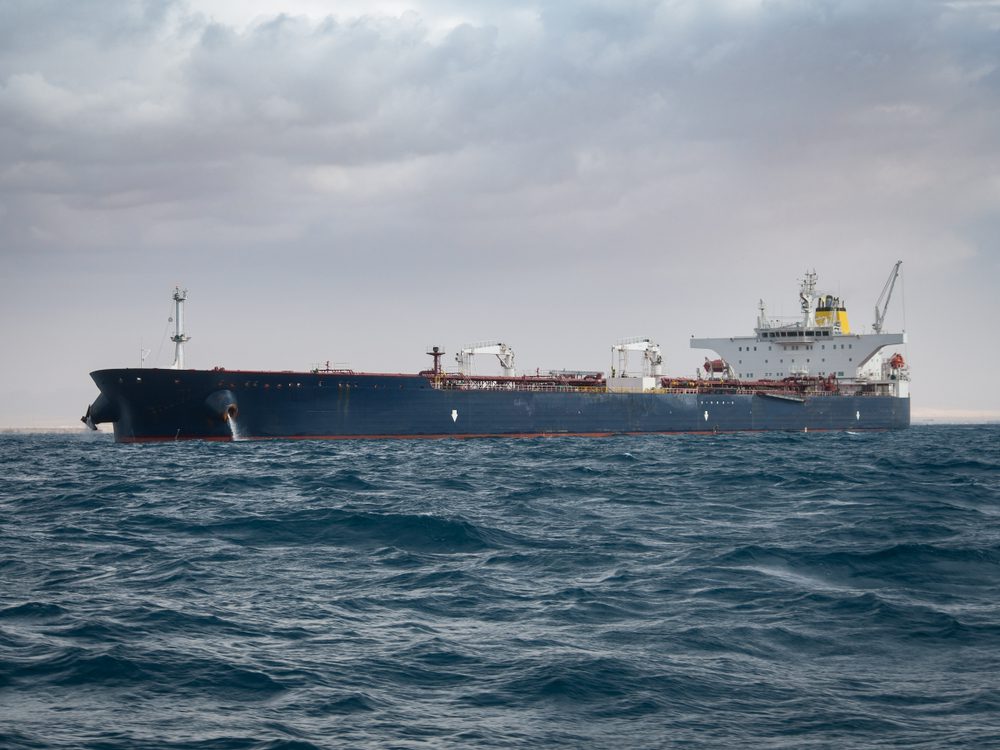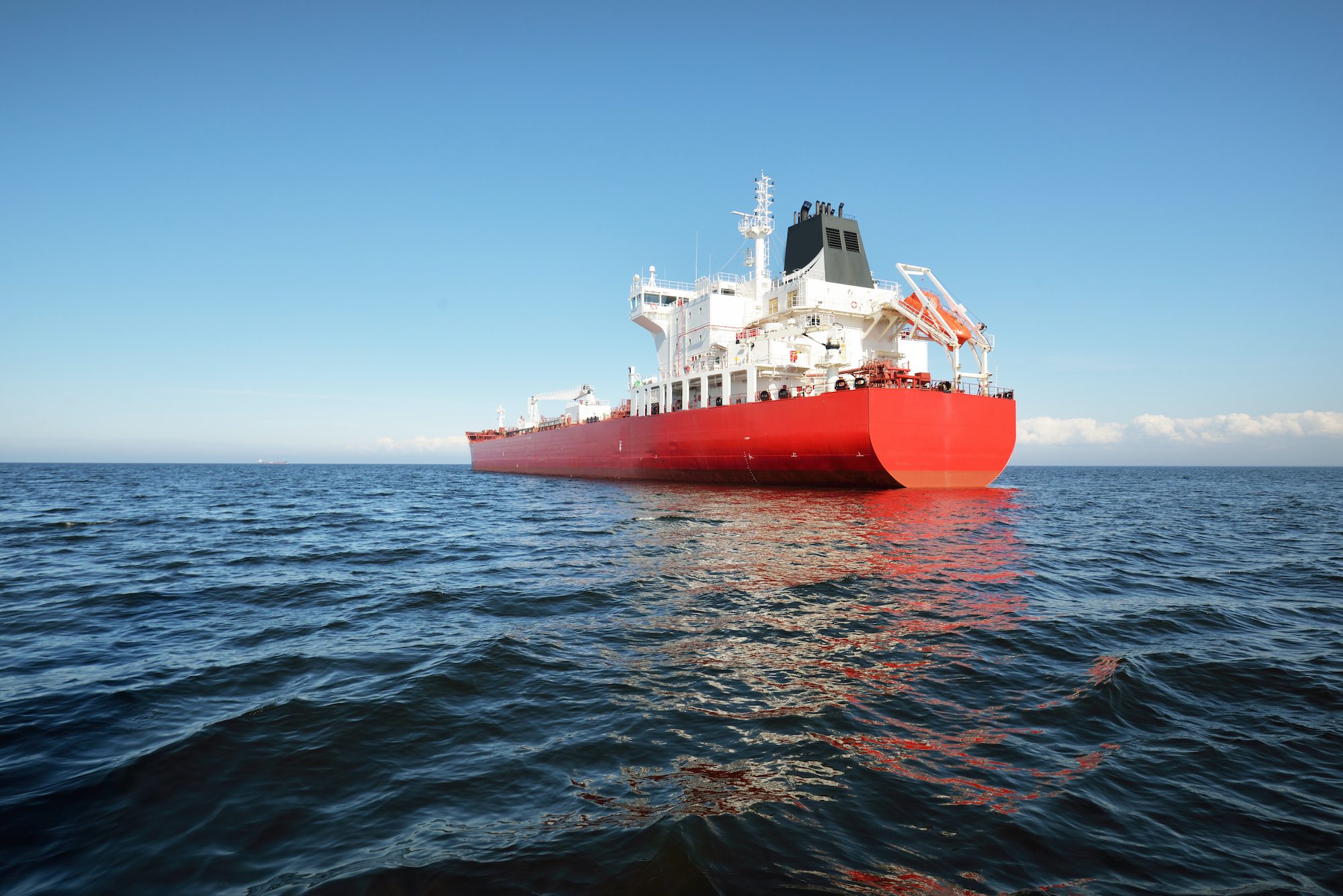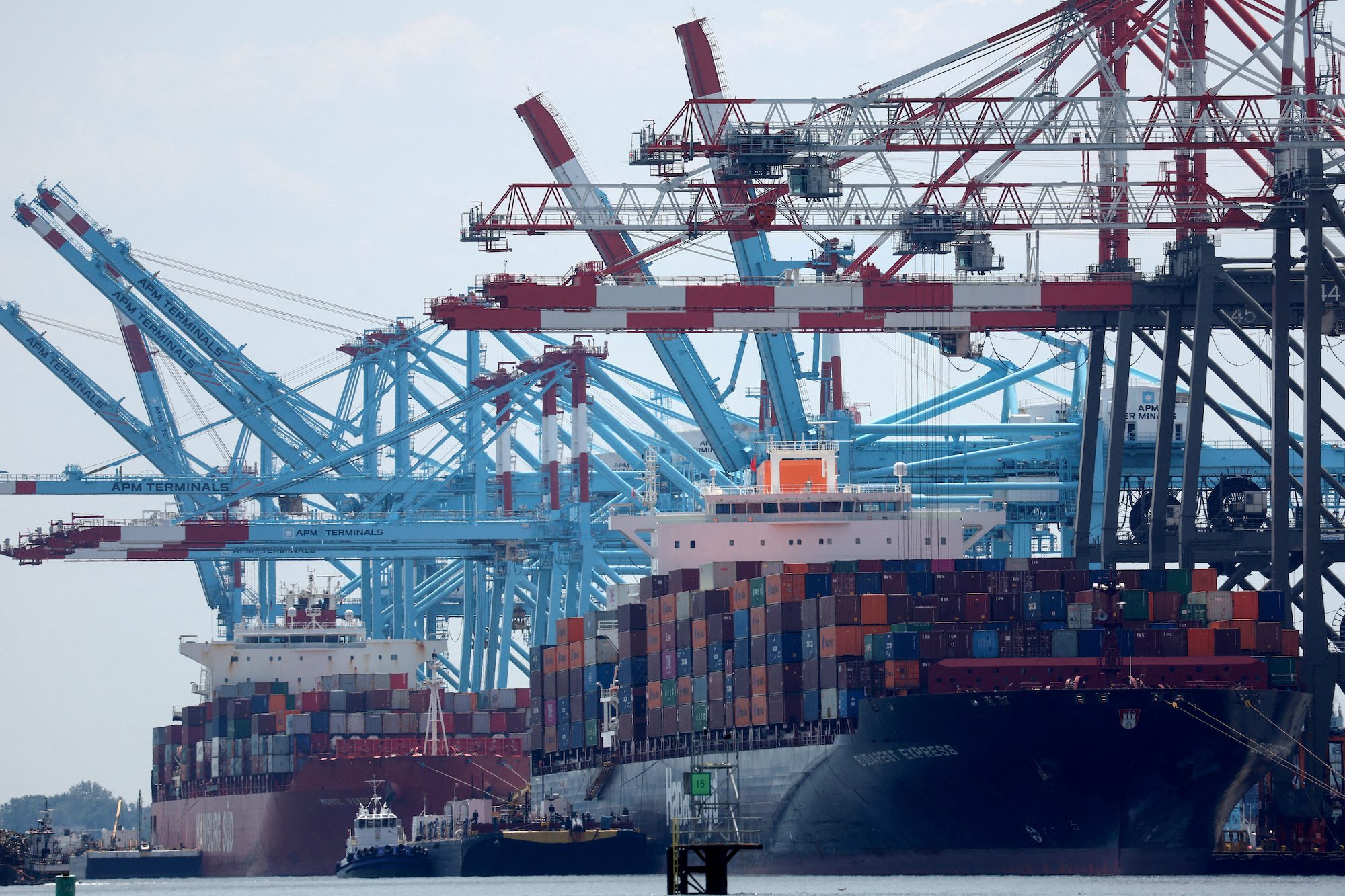MOSCOW, May 4 (Reuters) – Russia is expected to increase seaborne oil exports from its western ports this month to a four-year high to meet Asian demand for low-priced oil, two sources familiar with the loading plans from the ports said.
Weaker global prices mean Russian oil trades below $60 per barrel, the price cap level imposed by Western countries, making it more attractive to Asian buyers as they have fewer issues with banks and compliance.
Oil exports from Russia’s main western outlets, Primorsk, Ust-Luga and Novorossiisk, will reach a combined 2.42 million barrels per day (bpd) this month, slightly up from 2.38 million bpd last month, according to Reuters calculations based on data provided by the sources.
May exports from the ports will be almost 2% higher than in April and the highest since 2019, Reuters data showed.
Oil loadings from Primorsk and Ust-Luga will reach 7.5 million tonnes, including Urals and Kazakhstan’s transit sold as KEBCO oil grade, up from 7.2 million tonnes in April.
G7 countries imposed a price cap to try to curb Moscow’s revenues, which took effect on Dec. 5.
Under the cap, Russian barrels sold below $60 per barrel on an FOB basis, which does not include freight and insurance, in the port of loading can be shipped and insured by Western companies, while volumes sold above the cap are banned from the services.
Apart from weaker oil prices that are facilitating trade, more oil is available for export as oil refineries in Russia are undergoing seasonal maintenance in May, which reduces domestic demand.
Russian refineries are expected to increase run rates in June as they emerge from maintenance and volumes of crude available for export are likely to decrease.
For May, the high export levels have driven up freight rates, traders added, increasing costs for market players.
Prices on spot markets are also rising, spurred by Asian enthusiasm to buy.
The cost of Urals oil shipments from Baltic ports to India rose to $7.7-7.8 million from $7.5-7.6 million a week ago, the sources said.
Last week, the discount of Urals narrowed to $10-$12 a barrel to dated Brent on a delivered ex-ship (DES) basis in Indian ports, from minus $13 a barrel for April loading cargoes, according to the three traders.
(Reporting by Reuters; editing by Barbara Lewis)
(c) Copyright Thomson Reuters 2023.

 Join The Club
Join The Club












